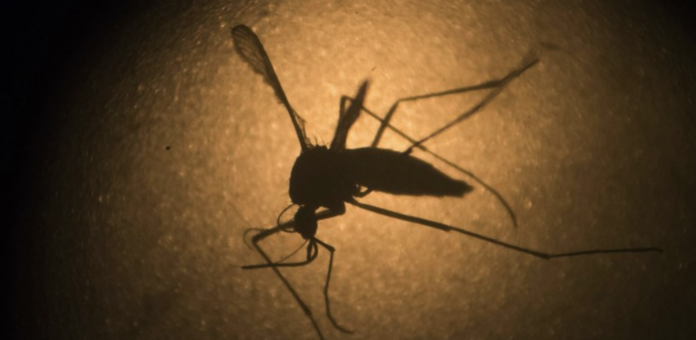The U.S. Environmental Protection Agency approved the application of a British biotech company to release 2.4 millions genetically modified mosquitoes in the wild, as an “experimental product.”
Via NBC News
Oxitec, a British biotech company, released 144,000 genetically altered mosquitoes into the Florida Keys in 2021.
Oxitec stated that its male mosquitoes are genetically modified to be non-biting. They “find and mate” with female Aedes Aegypti, reducing the population of Aedes Aegypti. The female offspring cannot survive, thereby reducing the population.
Oxitec can release its mosquito-killing product, which the EPA refers to as an “experimental insecticide,” in a 34.760-acre zone across two states, between now and the end of the experiment on April 30, 2024.
Via Oxitec’s press release about FDA approval:
Oxitec is the leading developer of biopest control solutions and is pleased to announce that the U.S. Environmental Protection Agency has approved Oxitec to conduct pilot programs in California and Florida using its non-biting Aedes aegypti Aedes aegypti. Two pilot projects have been approved. One with the Delta Mosquito and Vector Control District in California and the other with the Florida Keys Mosquito Control District in Florida.
This is a continuation of the Experimental Use Permit granted by the EPA in 2020 for a successful pilot project in Florida Keys. The EPA also included a 30-day public comment period along with its scientific evaluation. Before approving the project, the EPA reviewed each public comment and provided a response.
Oxitec’s sustainable, targeted and safe biological pest control technology is not harmful to beneficial insects* such as bees and butterflys, and has been proven effective in controlling the disease-transmitting Aedes Aegypti, which has invaded Florida, California, and other U.S. States. Since its first detection in California in 2013, the Aedes aegypti mosquito has spread rapidly to over 20 counties, increasing the risk for transmission of diseases such as dengue, Zika and yellow fever.
The results of “experimental regulatory approval” in the context the emergency use authorizations granted by the manufacturers of COVID-19 (possibly granted under fraudulent pretenses) are not pretty.
In regards to the second claim – that Oxitec’s product “doesn’t harm beneficial insects” – there is no way of knowing the long term effects of this product because three years are a blip in the Public Health ™ radar.
Oxitec may have doctored some of the data, but the most one could say is that there are no negative impacts on local ecology at this time.


